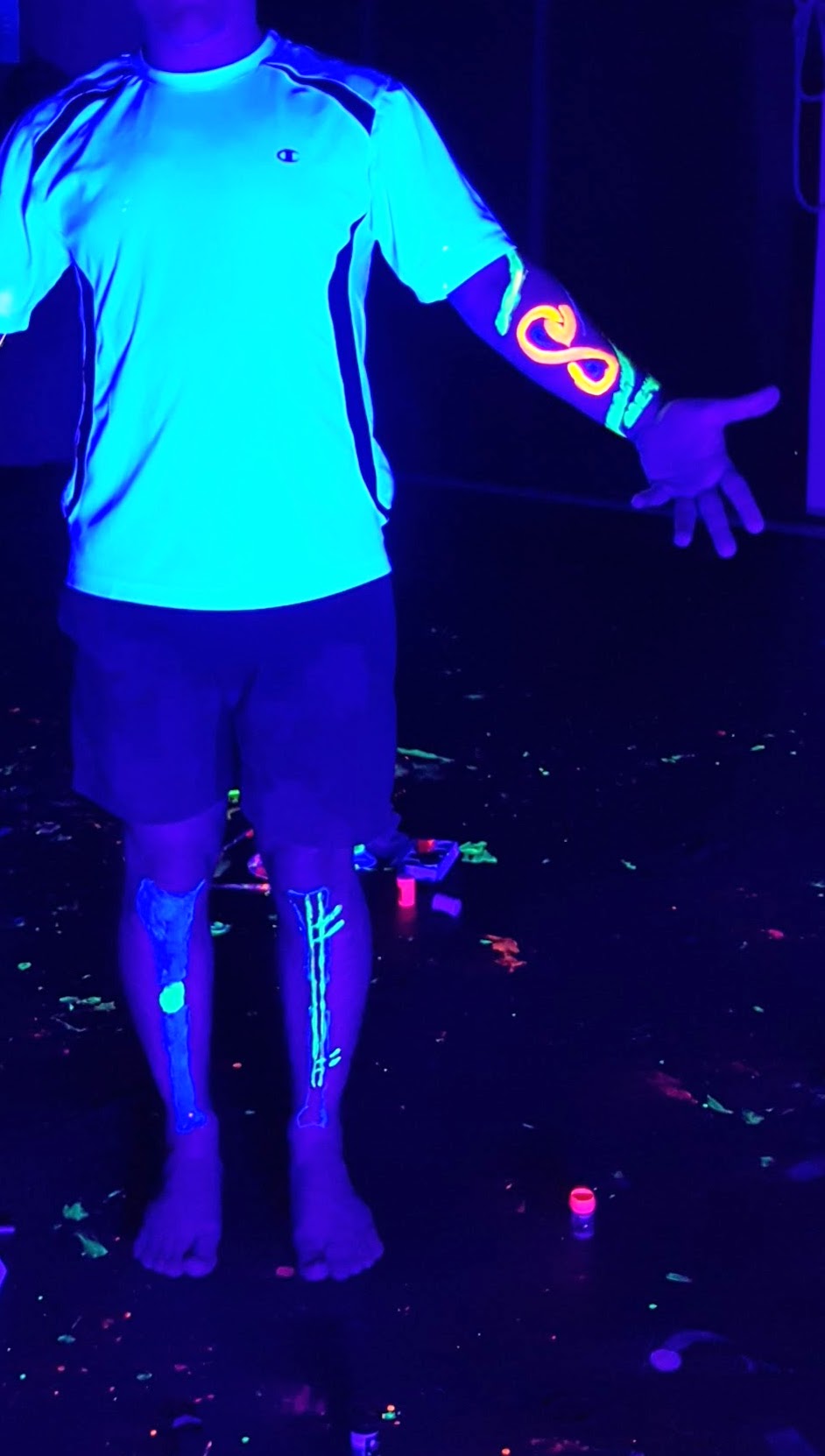Today is the first day after my surgery that I went to work without a cane, crutches, or any walking aids. I can walk at about half my normal speed, and with some hip sway, but my gait is getting better and better every day.
It's been 5 months since my tibias surgery, and 4 months and a week since my femurs surgery. I must confess I haven't done as much physical therapy as I should have, yet I'm recovering quite well, despite being in my late 30s. I would say I owe my good recovery in large part to my surgeon, Dr. Paley, so I wanted to write a post about how I chose him as my leg lengthening doctor.
Once you've decided to have CLL in the first place, the next choice is to pick a hospital and doctor. Cost and safety are usually the top concerns, followed by location.
As with most other services, when it comes to surgery, you generally get what you pay for. The most expensive doctors have the best reputation, often for good reason - great outcomes, excellent safety record, and a large number of patients treated. The other major factor that plays into the overall cost is the cost of living, with the US, Western Europe and South Korea being up to 2-3x more expensive than Eastern Europe, India or China.
My advice is to think about your safety first, cost second, and location third. You have the rest of your life to cover a difference of, say, USD 60,000; the other side of the coin is that you'll also have the rest of your life to deal with a complication or serious reduction in functionality. Is the risk worth the cost? Also, some surgery methods are cheaper than others, but also take more time to recover. Depending on your situation, time may be money.
As for the location, make it something you care less about by considering it a vacation. Language may pose a problem, but even an American in Russia can still get by.
Once you've decided on the cost tier (lower end or higher end), the next step is to choose the safest doctor. As a general principle of risk reduction in medicine, the centers that perform higher volumes of a given procedure, tend to have lower complication rates. Safety is highest with surgeons who are very experienced, and very specialized. The ideal surgeon should be specialized in leg lengthening, and have an excellent track record for this surgery over a long period of time, with many patients.
In the US, Dr. Paley fulfills all these criteria. His Wikipedia page shows an impressive list of credentials - practicing orthopedic surgery since 1980, professor of Orthopedics for 14 years, co-founder of limb lengthening centers, author of numerous specialty books and studies (see PubMed, the US National Institutes of Health database of life sciences topics), and the first surgeon to use the latest advances in intramedullary nail from NuVasive (PRECICE, and in 2018, STRYDE).
To be extra safe, I searched limb lengthening forums for actual patient experiences. Few limb lengthening patients take the time and effort to share their diaries, but among Dr. Paley patients who did, all were happy with their results, and none had significant complications that weren't promptly resolved. Since I was aiming for quadrilateral leg lengthening, iamready's diary was closest to my case. Again, the patient recovered well and had no complications.
If you can't go to Dr. Paley, there are other reputable LL surgeons who can help you, but make sure to do your research. Outside of the US, safety information may be hard to come by. Limb lengthening forums can help, but take the information with a grain of salt, and double check everything. Unfortunately, some doctors have been known to pay patients to speak positively about them, others have had a surprisingly high complication rate, even though they operate in first-tier economies, and others have had success cases, but also troublesome ones. Yet other doctors play into the patients' desire for height and allow them to lengthen unsafe amounts, or too quickly.
Generally, the less publicly available information there is about a doctor, the more careful you need to be. The same applies to lengthening devices - while PRECISE has plenty of studies on its effectiveness, and is FDA approved, other nails have little to no information about them.
Be careful, do your research, and put safety first.
